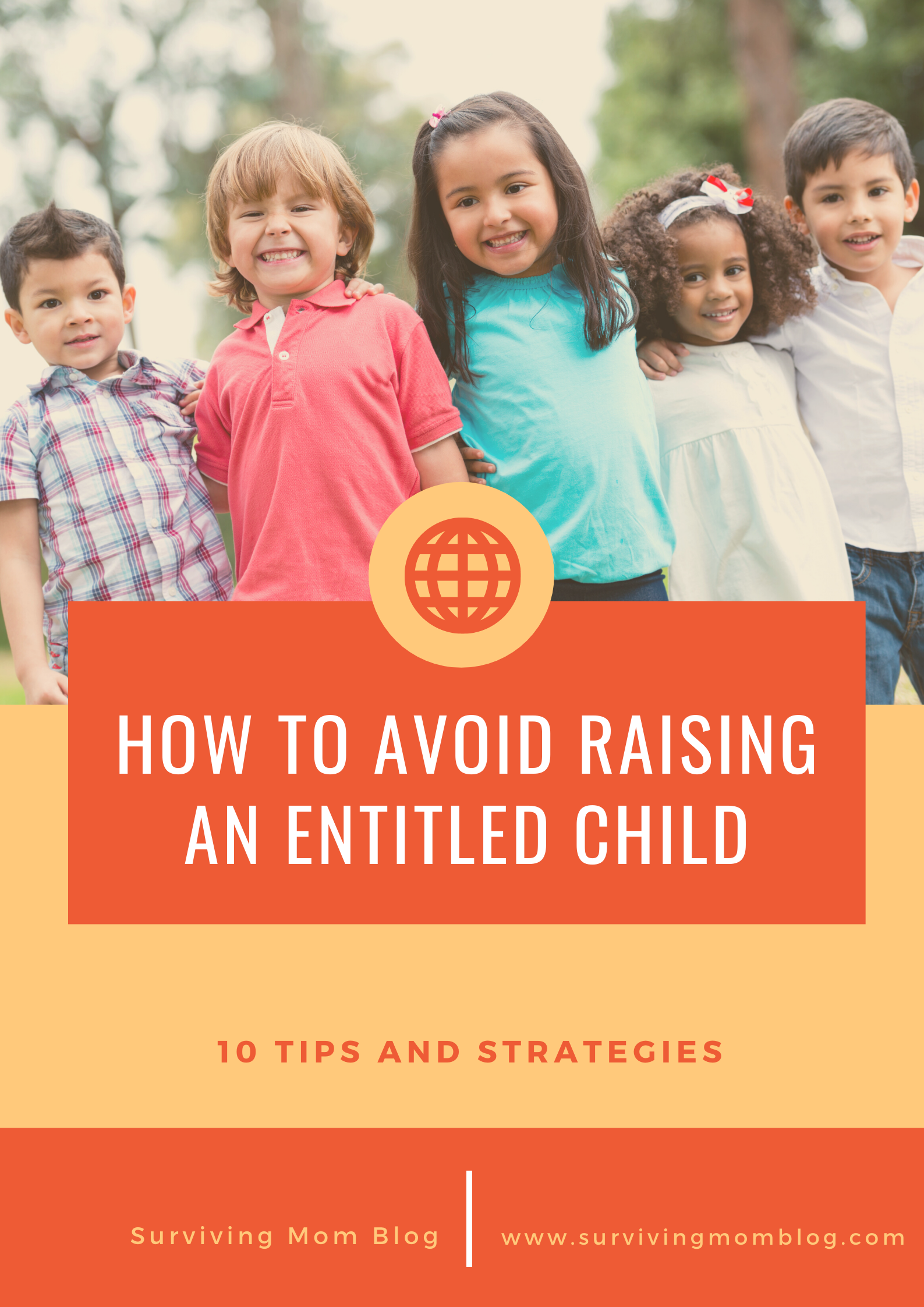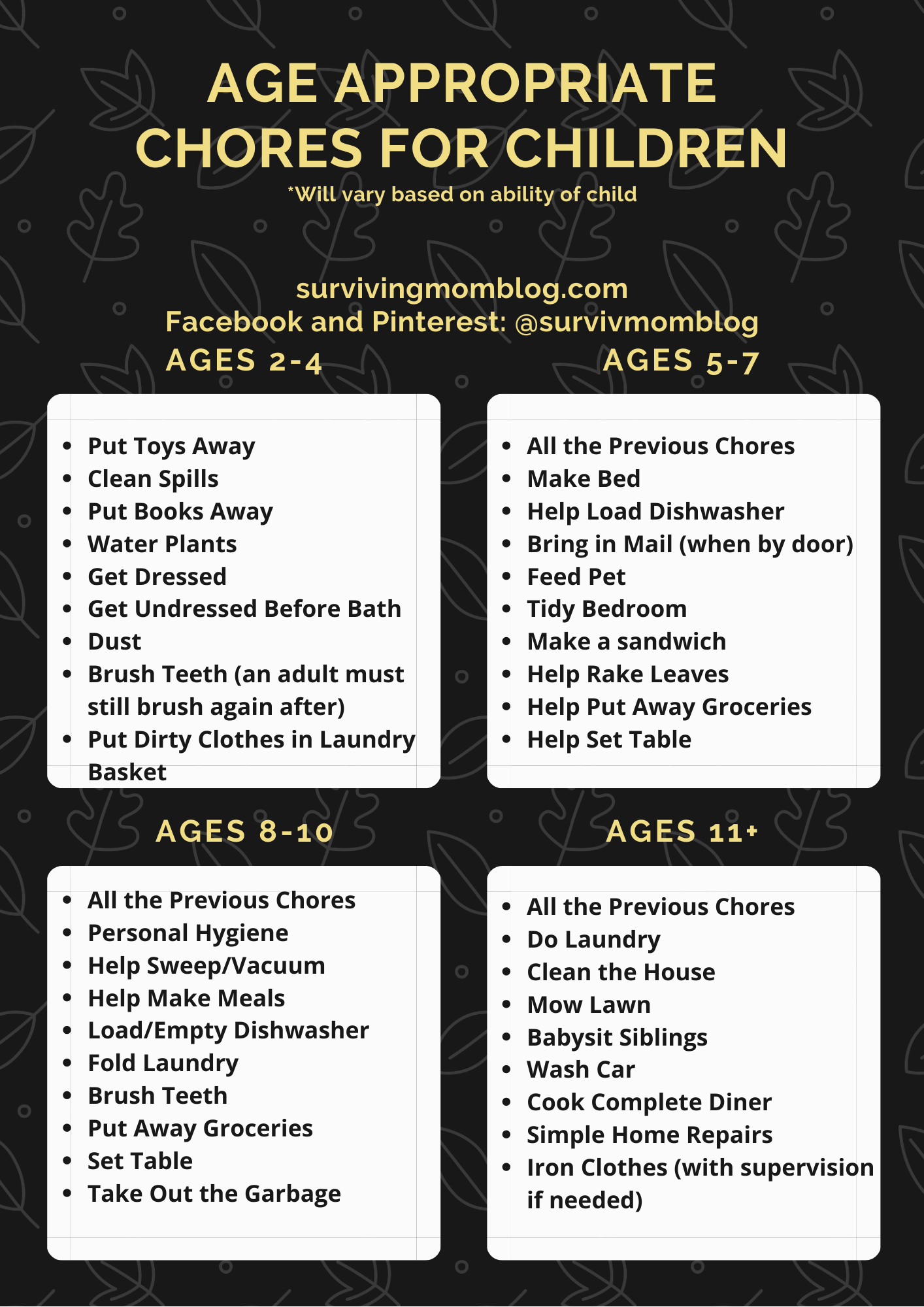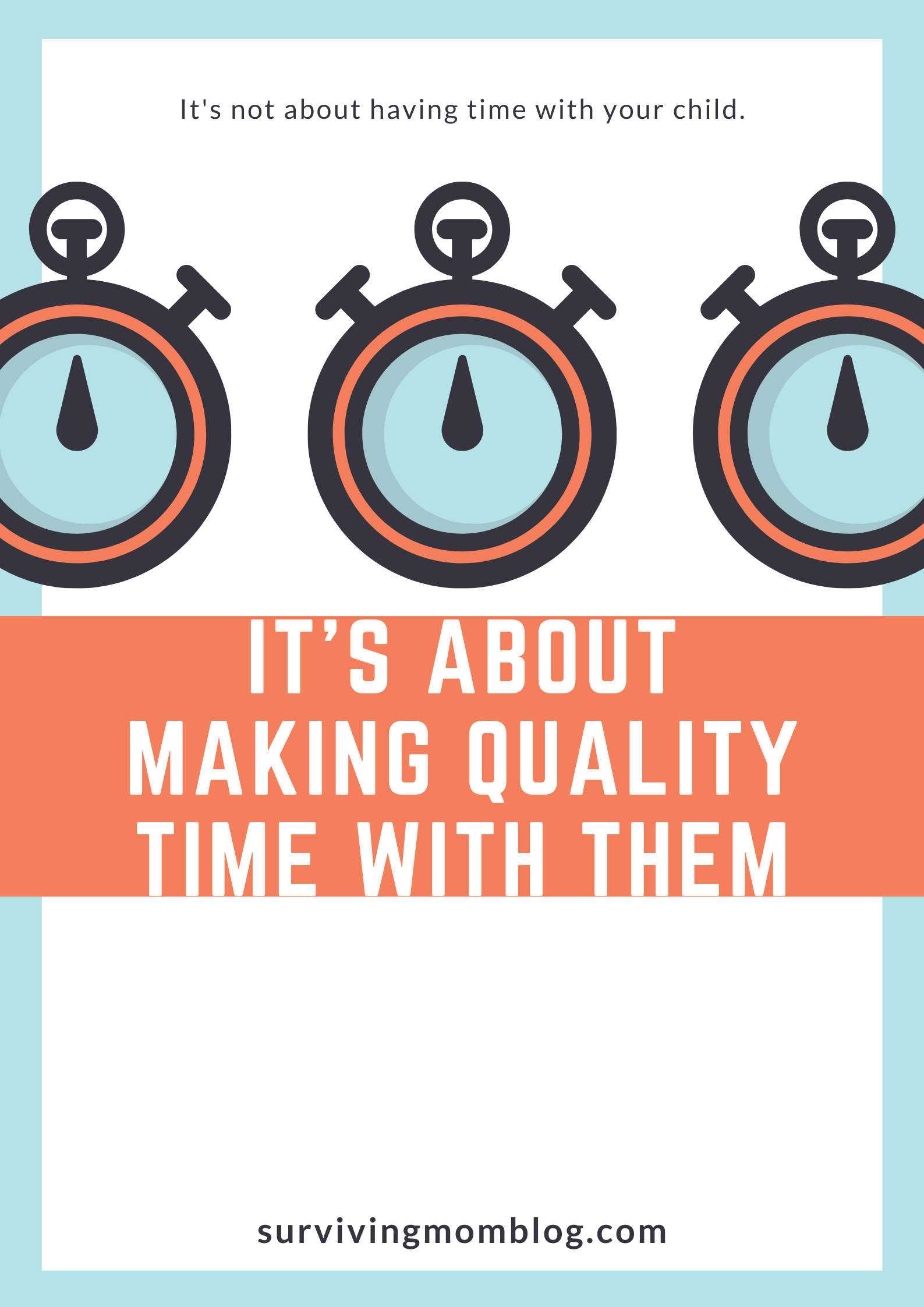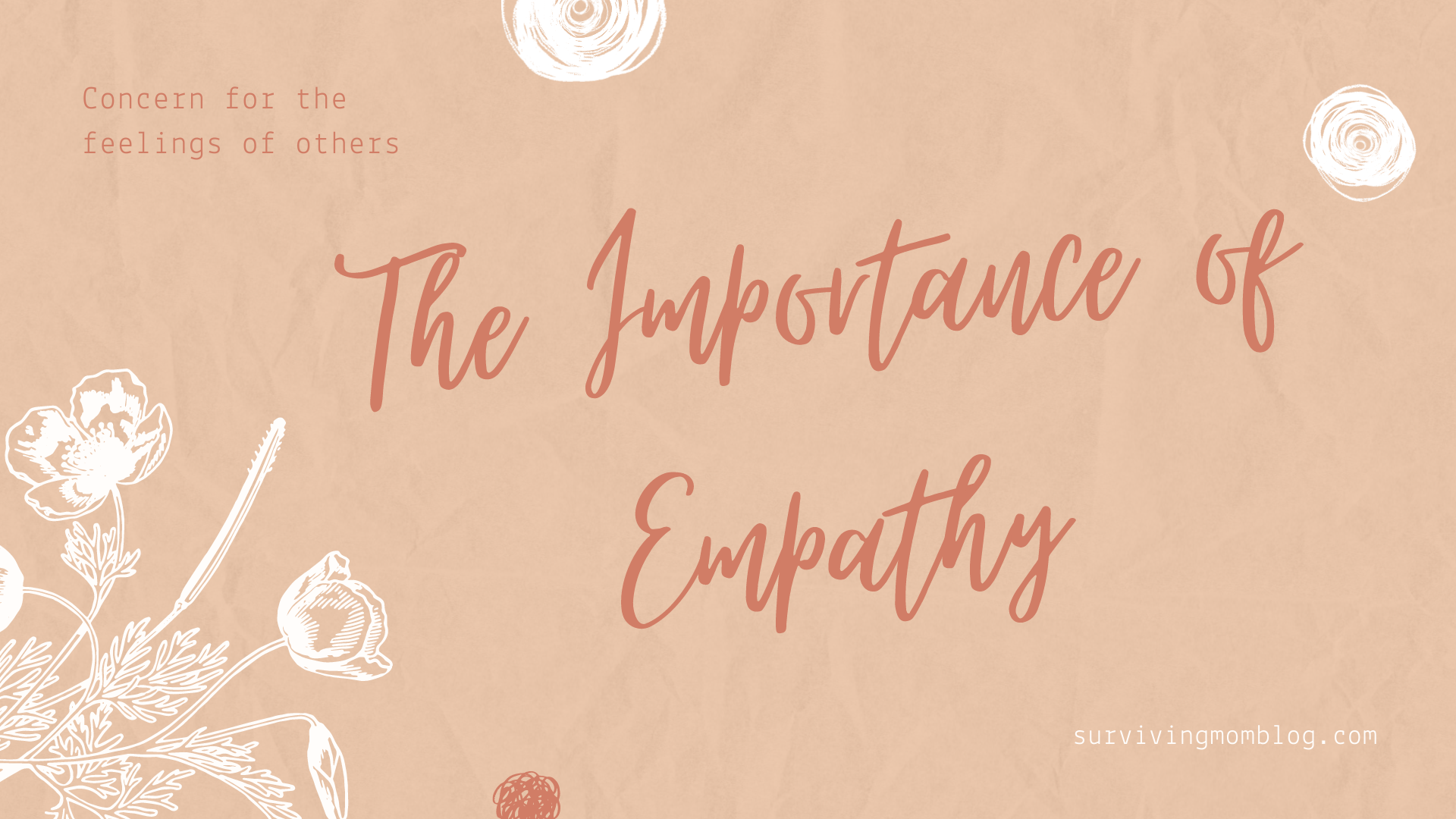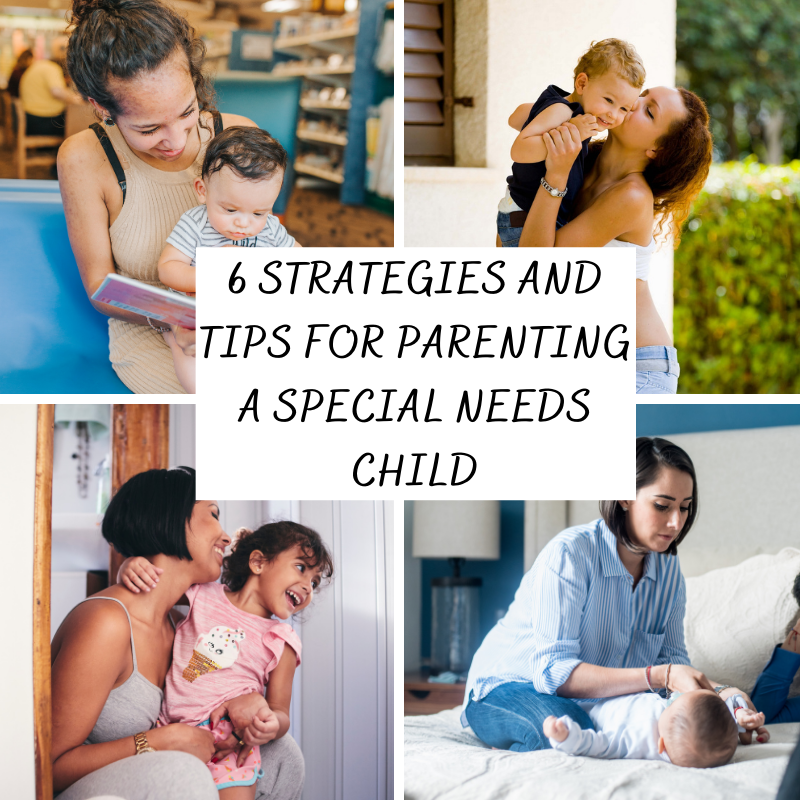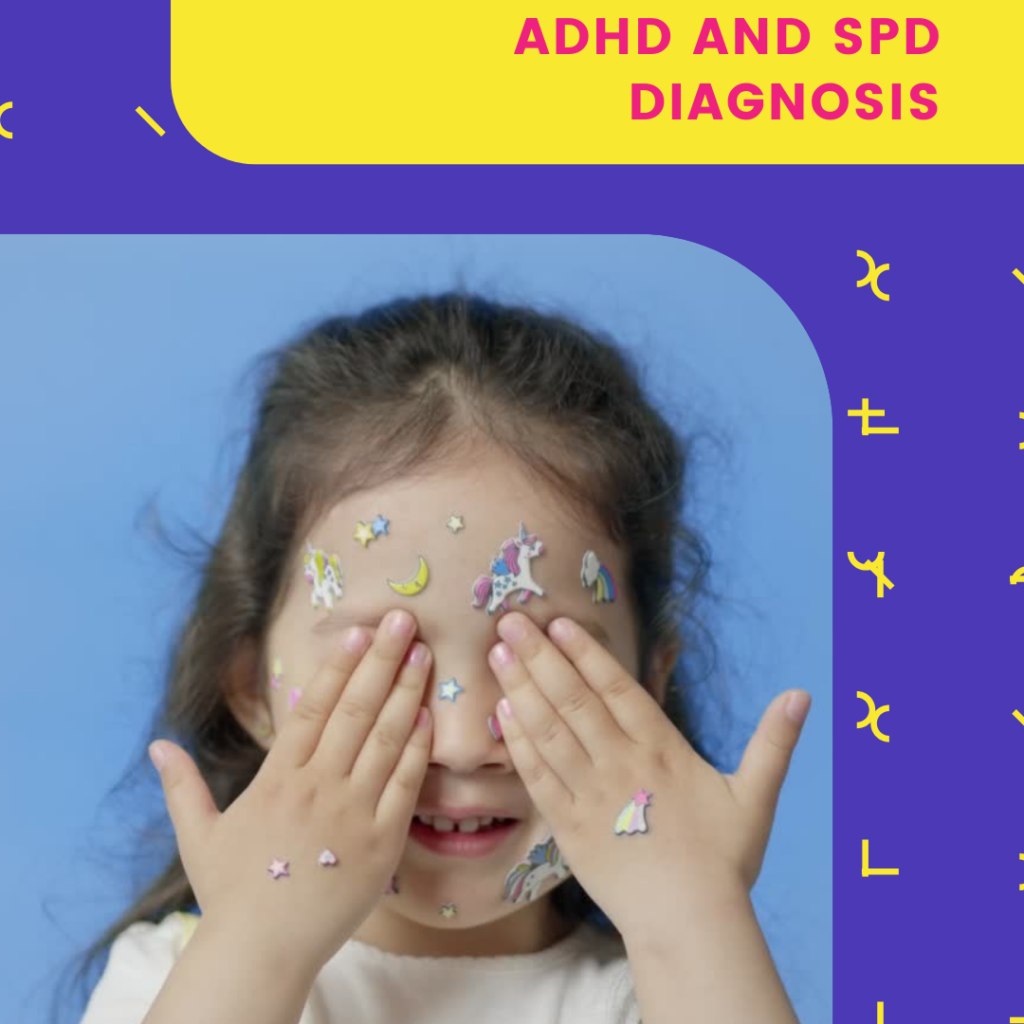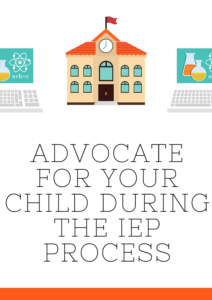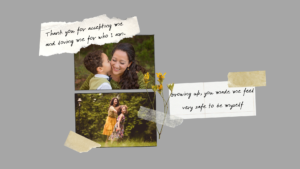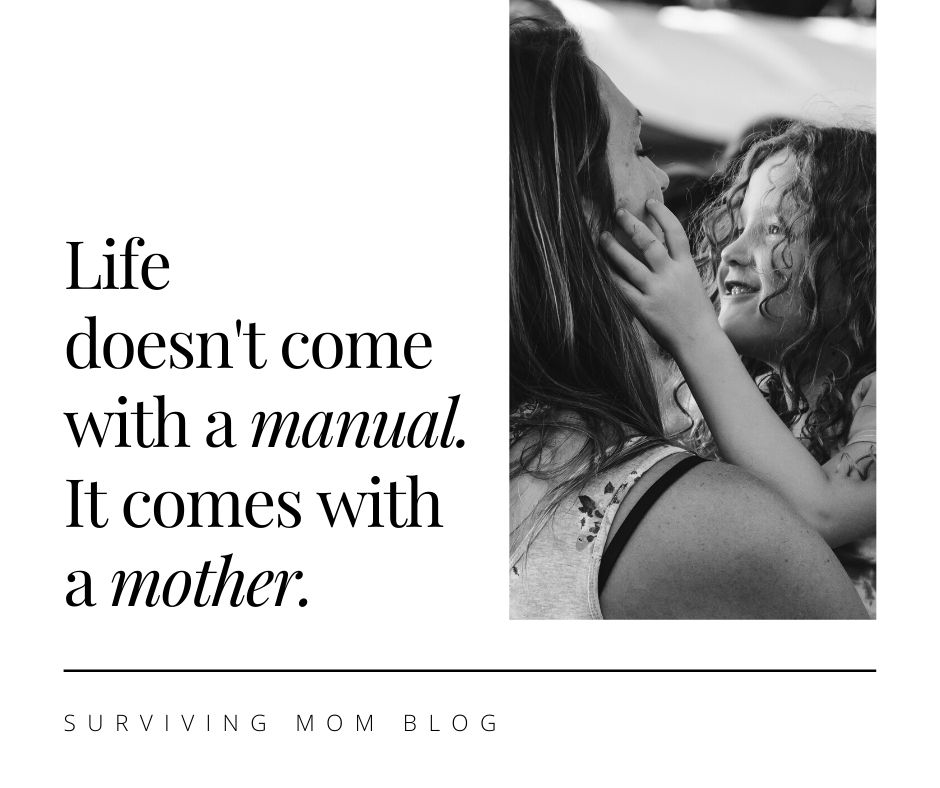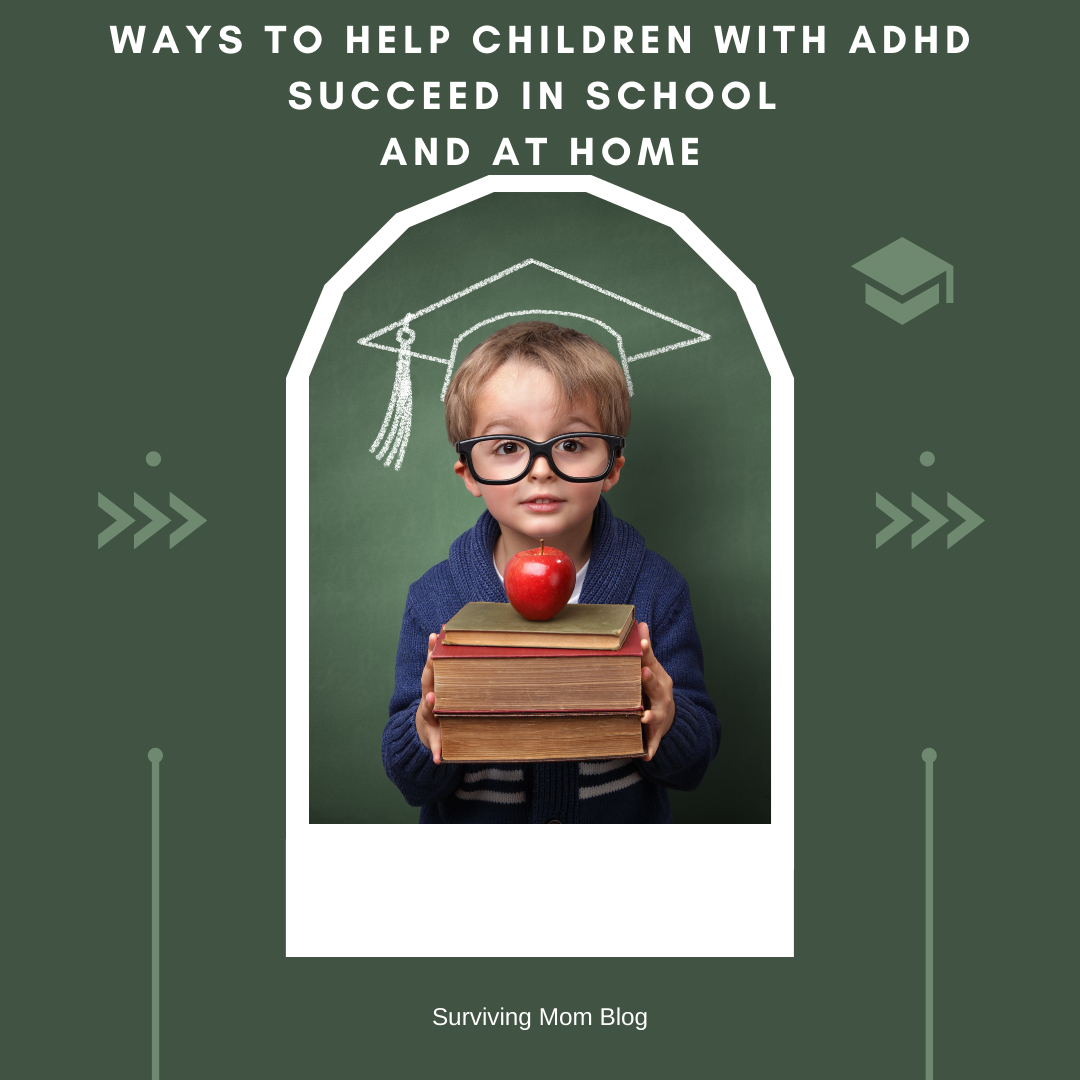
Parenting is no easy task. As the parent of a child with Attention Deficit Hyperactivity Disorder (ADHD), I have gone through my share of parenting challenges. Although there is always more to learn when parenting a child with ADHD, I have learned many lessons along the way. This post discusses strategies and tips to help children with ADHD. I hope you find these suggestions useful in your parenting journey:
parenting tips for children with adhd
(1) Be open and honest with your child about their struggles so there is no shame associated with it.
Children need compassion, empathy, and support. In order to ensure that, open lines of communication are crucial. My daughter, Brielle, is aware of her challenges, which include focusing and impulsivity. However, she understands that who she is as a person is what defines her. While struggles are important to address, it is just as important to emphasize your child’s strengths and skills.
(2) Limit screen time
I understand we all need a break. There are times that we put our kids on the iPad or TV so we don’t lose our minds. However, kids tend to be so enthralled with the stimulation from the screen that it often becomes a huge battle to take it away from them . Children with ADHD become hyper-focused on what fascinates them, and the transition from screen time to no screen time is incredibly hard for them (additutemag.com, 2021 ) . My daughter acts possessed after I take away the iPad. On the weekends, I allow her to pick between the iPad or TV for thirty minutes each time. I set a timer on her iPad that goes off in thirty minutes. I then give her ten-minute and five-minute reminders.

(3) Discuss strategies in advance that your child can use for emotional regulation
I created a “calming corner” for my daughter that is comprised of a bean bag chair, a weighted blanker, squeeze ball and some books. Make a chart of different options/tools your child can use, and place it in various locations throughout the house that are easily accessible. Encourage your child to use the tools when needed.
(4) Stay calm
I know how hard that is, believe me! However, if we want our children with ADHD to learn strategies to emotionally regulate themselves, we have to model how we emotionally regulate ourselves. Teach your child to identify their emotions by labeling your emotions. Let your child know that you need to use one of your calming tools, such as taking a time out or doing some deep breathing.
(5) Advocate for your child
As I discussed in 6 strategies and tips for parenting a special needs child , it is important that you are on the same page as your child’s teacher and school. Make sure that your child has a 504 plan or an IEP (individualized education program).Strategies need to be implemented in the school as well as the home to set your child up for success. It is also necessary to communicate with your child’s teacher on a regular basis.
(6) Educate yourself about ADHD
Join support groups. Read literature about ADHD. Speak to your child’s pediatrician, psychologist, and any other related professionals. Knowledge is power, and knowledge will allow you to make informed decisions about what is best for your child. Have an open mind, and be willing to explore different options. If medication is suggested, find out about all possible side effects and be in constant communication with the psychiatrist. There is no shame in your child needing medication, but make sure you are well-informed before choosing any option.
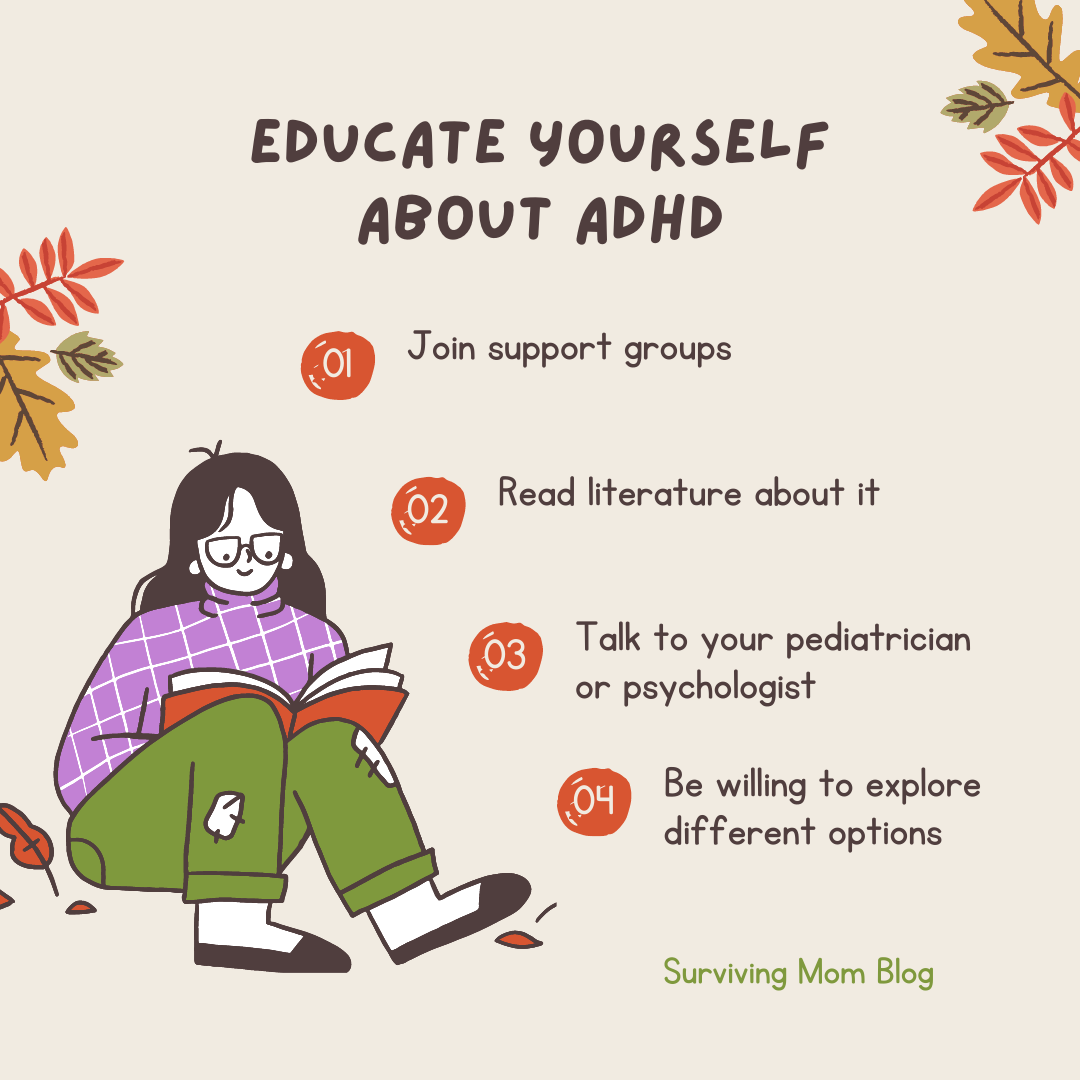
(7)Make sure your child has a comprehensive evaluation so you are in the best position to help your child.
ADHD can accompany other issues such as executive functioning delays, processing issues, anxiety , or autism. A complete evaluation will give you pertinent information to better support your child.
(8) There is no one-size-fits-all solution
Be humble enough to seek help and gather information from others, but also trust your own intuition. Nobody knows your child better than you.
(9) Take time for yourself
We love our children so much that we often take our own well-being for granted. You are in a better position to support your child when you aren’t pouring from an empty cup. In order to properly care for your child, you need to love and care for yourself. Make sure to implement a self-care routine daily.
(10) Mistakes are inevitable
Parenting is a challenge with any child, and children with ADHD require extra support. There will be times where you will say or do the wrong thing. Own up to your mistakes. Set a good example that flaws are part of life, but we can learn and grow from them.

the biggest takeaway of parenting a special needs child
As parents, we have a responsibility to support our children, advocate for them, and love them for who they are, not the labels they have. Teach your children to accept themselves and to love all parts of themselves.
Be your child’s biggest cheerleader and fan. Try to instill in them that although some things are challenging for them, they are capable and wonderful just as they are. Parenting a child with ADHD is challenging. As in all aspects of life, some days will be easier, and some days will be incredibly challenging. The journey of parenting is a bumpy road, but I feel blessed to be along for the ride with my daughter.

